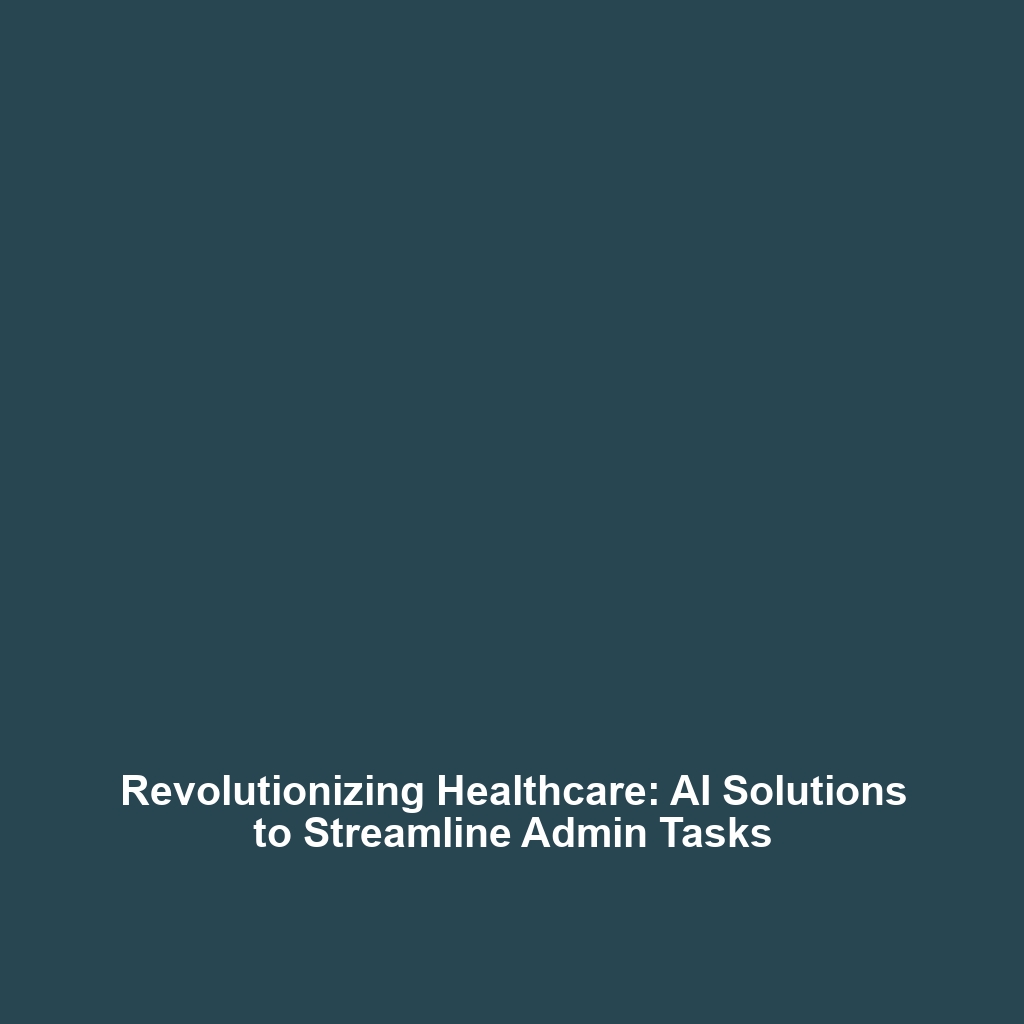How CDSS Uses AI to Assist Clinicians in Making Diagnostic Decisions Based on Patient Data
Introduction
In the evolving landscape of healthcare, the integration of Artificial Intelligence (AI) within Clinical Decision Support Systems (CDSS) is revolutionizing how clinicians make diagnostic decisions. By leveraging vast amounts of patient data, CDSS provides evidence-based recommendations that enhance the accuracy and efficiency of clinical decisions. This convergence of technology and medicine signifies a paradigm shift, not only improving patient outcomes but also streamlining workflows for healthcare professionals.
Key Concepts
Understanding how CDSS uses AI to assist clinicians involves familiarizing oneself with several critical concepts:
1. Clinical Decision Support Systems (CDSS)
CDSS are computer-based programs designed to help healthcare providers make clinical decisions by offering patient-specific assessments or recommendations. They interpret data and use algorithms to deliver actionable insights.
2. Artificial Intelligence (AI)
AI refers to the capability of a machine to imitate intelligent human behavior. In the context of healthcare, it analyzes data patterns to provide predictive analytics and decision-making support.
3. Integration of Patient Data
By integrating Electronic Health Records (EHRs), lab results, and real-time patient data, CDSS utilizes AI to present clinicians with relevant information promptly, thus aiding in quicker and more informed decisions.
Applications and Real-World Uses
The use of CDSS powered by AI has numerous applications in healthcare:
- Diagnostic Support: CDSS can analyze symptoms and medical histories to suggest possible diagnoses, guiding clinicians in their decision-making.
- Medication Management: AI-driven CDSS assists in identifying adverse drug interactions and optimizing medication regimens according to patient-specific data.
- Predictive Analytics: By analyzing large datasets, CDSS can predict patient outcomes, helping clinicians prioritize interventions based on risk stratification.
Current Challenges
Despite the advantages, there are challenges associated with how CDSS uses AI:
- Data Privacy: The handling of sensitive patient data raises concerns regarding privacy and security.
- Integration Issues: Integrating CDSS into existing EHR systems can be technically complex and costly.
- Algorithm Bias: There is a risk that AI algorithms may reflect biases based on the data they were trained on, potentially affecting diagnostic accuracy.
Future Research and Innovations
The future of CDSS with AI looks promising, with ongoing research focusing on:
- Natural Language Processing: Enhancements in NLP could lead to more sophisticated patient data interpretation.
- Interoperability Solutions: Developing systems that communicate seamlessly across different platforms will improve the functionality of CDSS.
- Continuous Learning Algorithms: Future advancements may include machine learning models that continuously adapt and improve based on new data.
Conclusion
In summary, Clinical Decision Support Systems (CDSS) utilizing AI present an innovative approach to assist clinicians in making diagnostic decisions based on comprehensive patient data. This application of AI in healthcare not only improves the decision-making process but also has the potential to transform patient care outcomes significantly. To stay informed about the latest developments in AI and healthcare, consider exploring related topics such as future innovations in healthcare technology and challenges of patient data privacy.

